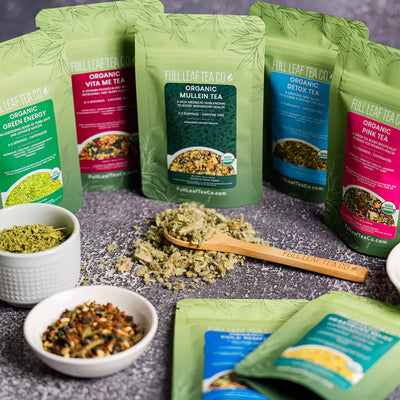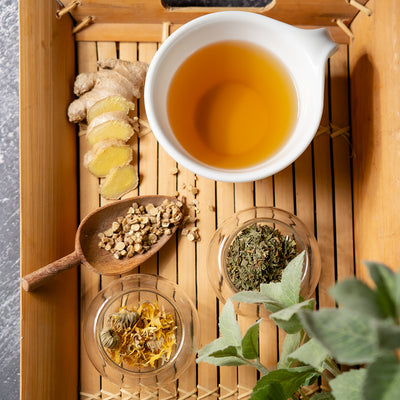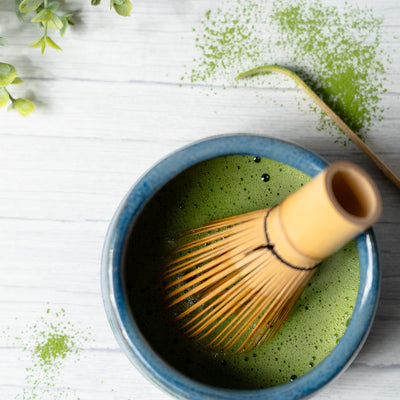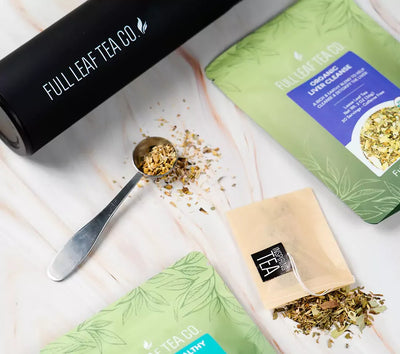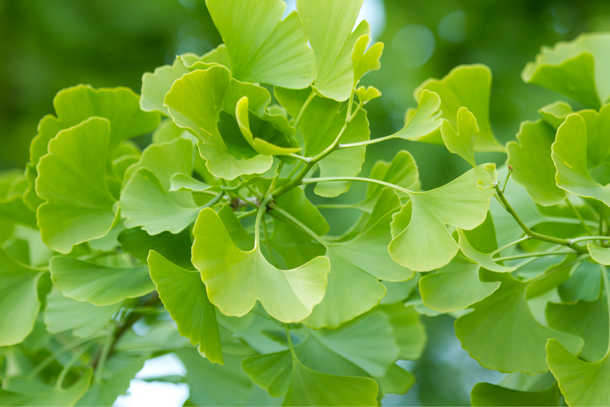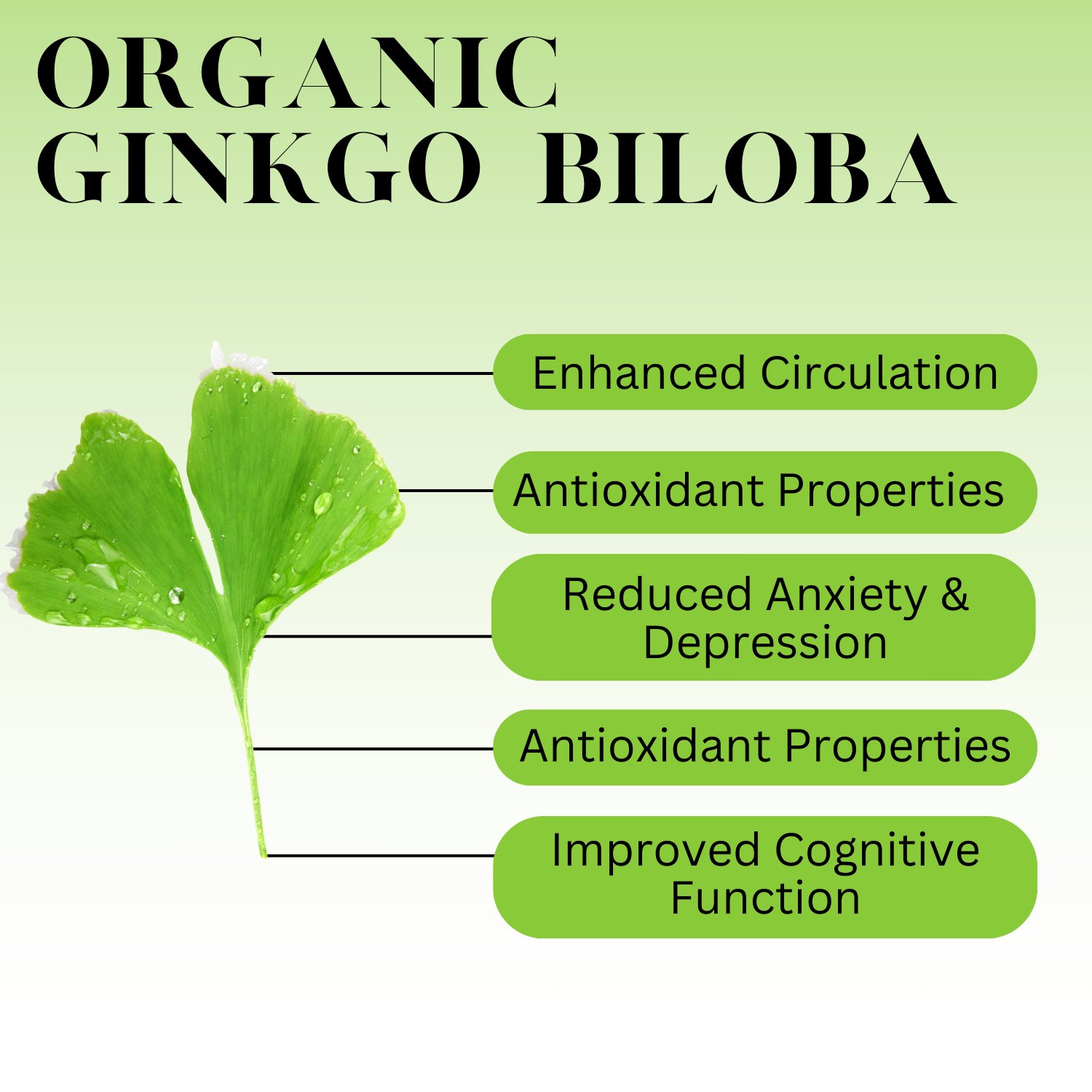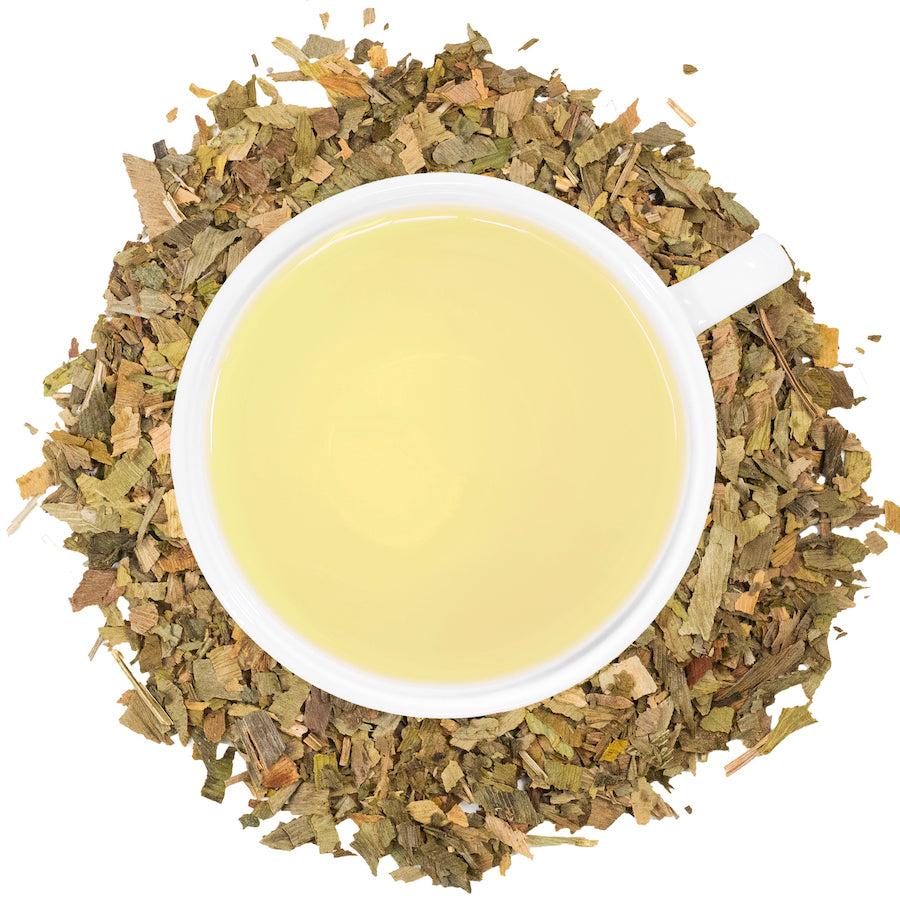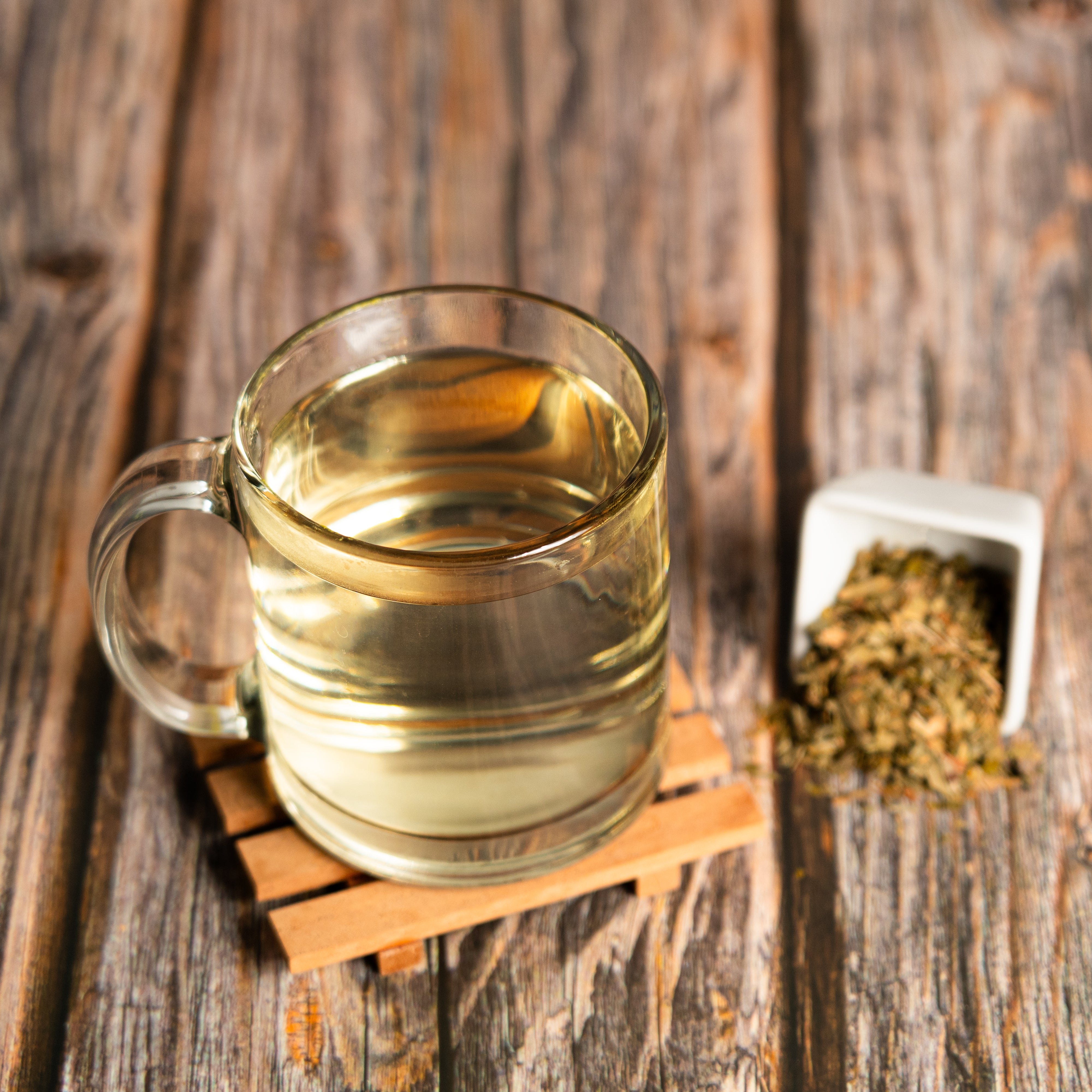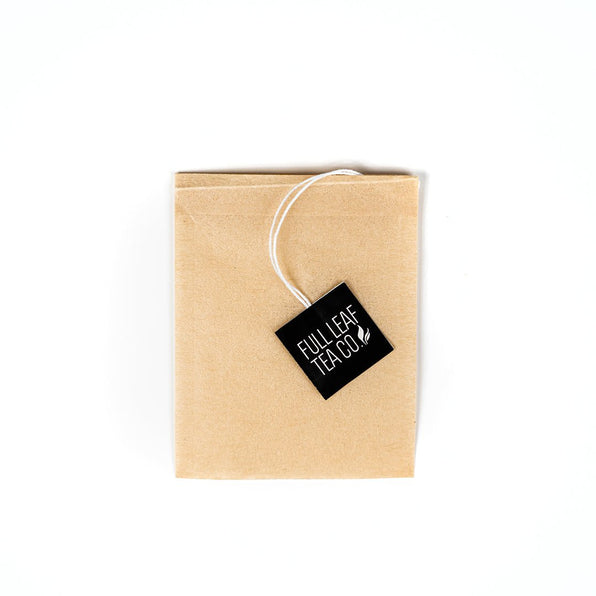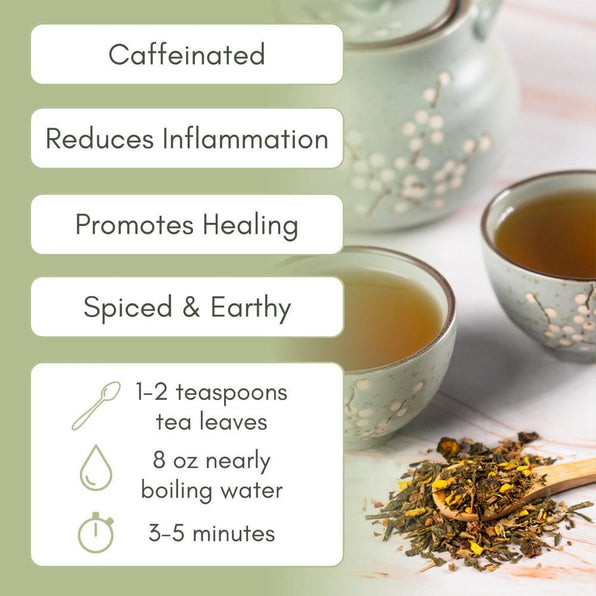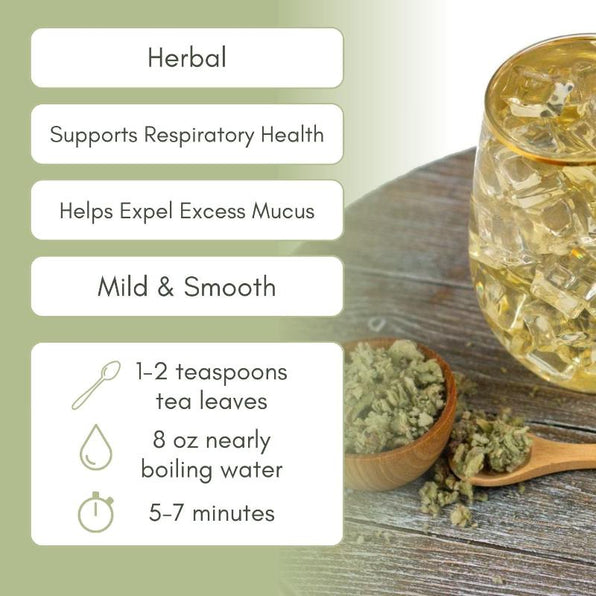What is Ginkgo Biloba?
Ginkgo biloba, also known as the maidenhair tree, is one of the oldest living tree species in the world. Its leaves are used to create extracts that are thought to have substantial medicinal benefits, which have been studied extensively in traditional Chinese medicine for thousands of years. The ginkgo tree is unique, not just for its longevity but also for being a living fossil, with fossils dating back over 270 million years.
The tree itself can grow to a massive height and width with distinctive fan-shaped leaves and inedible fruits that produce a rather unpleasant smell. The leaves turn a bright, beautiful yellow in the fall, making the ginkgo tree not only a subject of scientific study but also a popular ornamental tree. The active components of ginkgo leaves include flavonoids and terpenoids, which have strong antioxidant properties that are thought to contribute to most of its health benefits.

